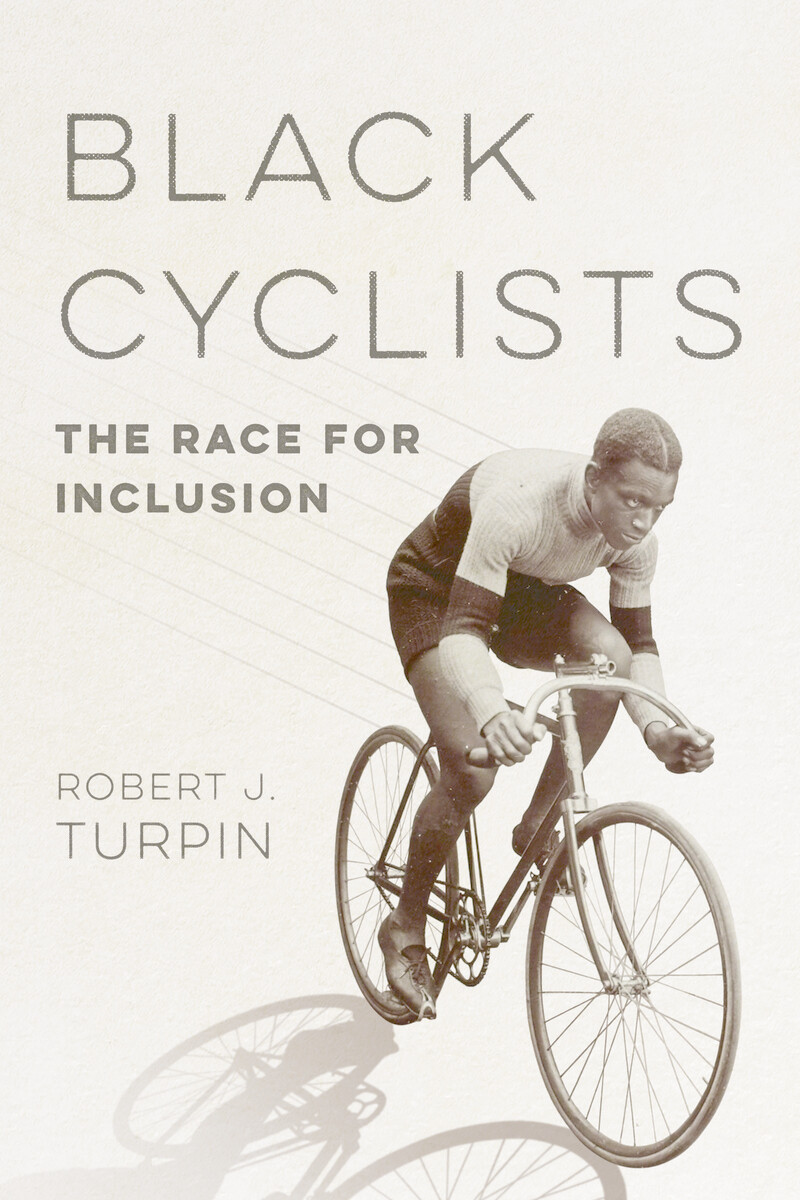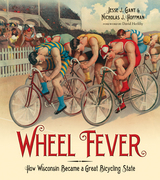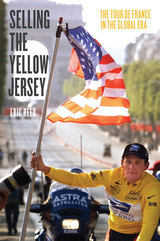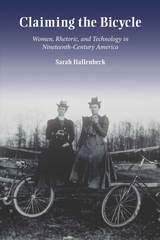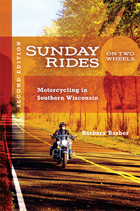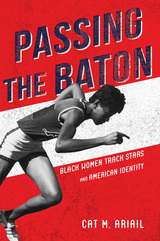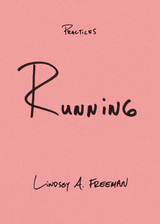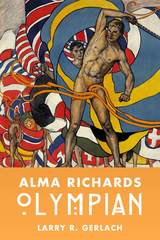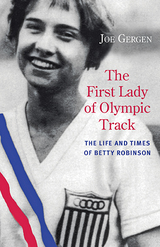Black Cyclists: The Race for Inclusion
University of Illinois Press, 2024
Paper: 978-0-252-08785-1 | eISBN: 978-0-252-05661-1 | Cloth: 978-0-252-04575-2
Library of Congress Classification GV1051.A1T87 2024
Dewey Decimal Classification 796.620922
Paper: 978-0-252-08785-1 | eISBN: 978-0-252-05661-1 | Cloth: 978-0-252-04575-2
Library of Congress Classification GV1051.A1T87 2024
Dewey Decimal Classification 796.620922
ABOUT THIS BOOK | AUTHOR BIOGRAPHY | TOC
ABOUT THIS BOOK
Cycling emerged as a sport in the late 1870s, and from the beginning, Black Americans rode alongside and raced against white competitors. Robert J. Turpin sheds light on the contributions of Black cyclists from the sport’s early days through the cementing of Jim Crow laws during the Progressive Era. As Turpin shows, Black cyclists used the bicycle not only as a vehicle but as a means of social mobility--a mobility that attracted white ire. Prominent Black cyclists like Marshall “Major” Taylor and Kitty Knox fought for equality amidst racist and increasingly pervasive restrictions. But Turpin also tells the stories of lesser-known athletes like Melvin Dove, whose actions spoke volumes about his opposition to the color line, and Hardy Jackson, a skilled racer forced to turn to stunt riding in vaudeville after Taylor became the only non-white permitted to race professionally in the United States.
Eye-opening and long overdue, Black Cyclists uses race, technology, and mobility to explore a forgotten chapter in cycling history.
See other books on: Activism & Social Justice | Cycling | Race relations | Racism in sports | Sports & Recreation
See other titles from University of Illinois Press
